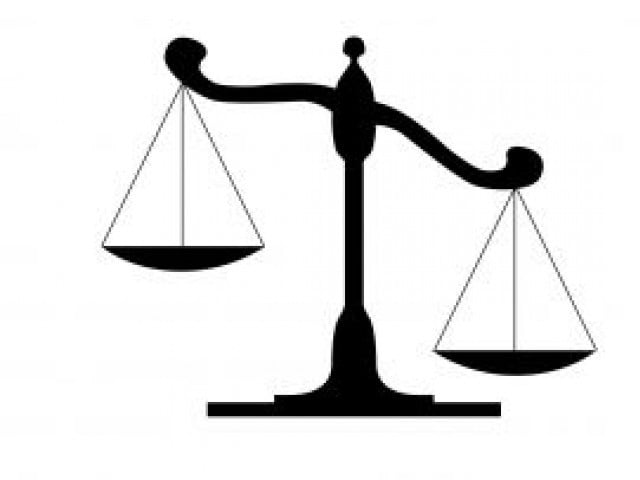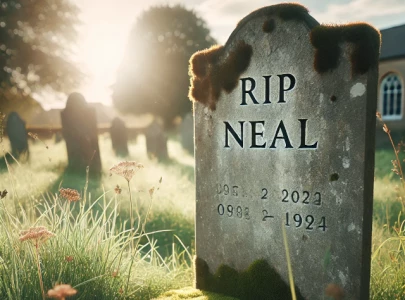
Three men were killed and four people, including three women, injured, in what reportedly is a tribal feud in which blood has to be shed for a sense of justice to prevail or honour to be restored. The case was first reported in May last year when a video emerged in Kohistan of a wedding party, which showed young women and men clapping and dancing. The incident enraged local clerics who felt it was not part of their culture. They issued a death sentence to the parties involved. The Supreme Court took up the case and mercifully found that the girls were alive after an investigation was carried out to ascertain the facts. The chief justice has reportedly hinted at the reopening of the case after hearing of the January 3 incident, according to newspaper reports.
What the Kohistan video should have taught us is that we should not jump to conclusions so quickly. The same should be done here. Let us not hold to account an entire tribe for the actions of a few.
There are far too many lazy assumptions being bandied about, which can have dangerous consequences in the near future that will make it difficult to work together to identify the scourges that we need to be rid of on a collective level. Stereotyping detracts from issues and depressing facts, such as that at least 943 women and girls were murdered in 2011 for allegedly defaming their family’s honour, according to the Human Rights Commission of Pakistan. The number for 2012 is likely to have increased. It is important that the men who perpetrated the killings on January 3 be held accountable for their crimes under the Pakistan Penal Code, which is the country’s ultimate law of the land.
Published in The Express Tribune, January 6th, 2013.












COMMENTS
Comments are moderated and generally will be posted if they are on-topic and not abusive.
For more information, please see our Comments FAQ